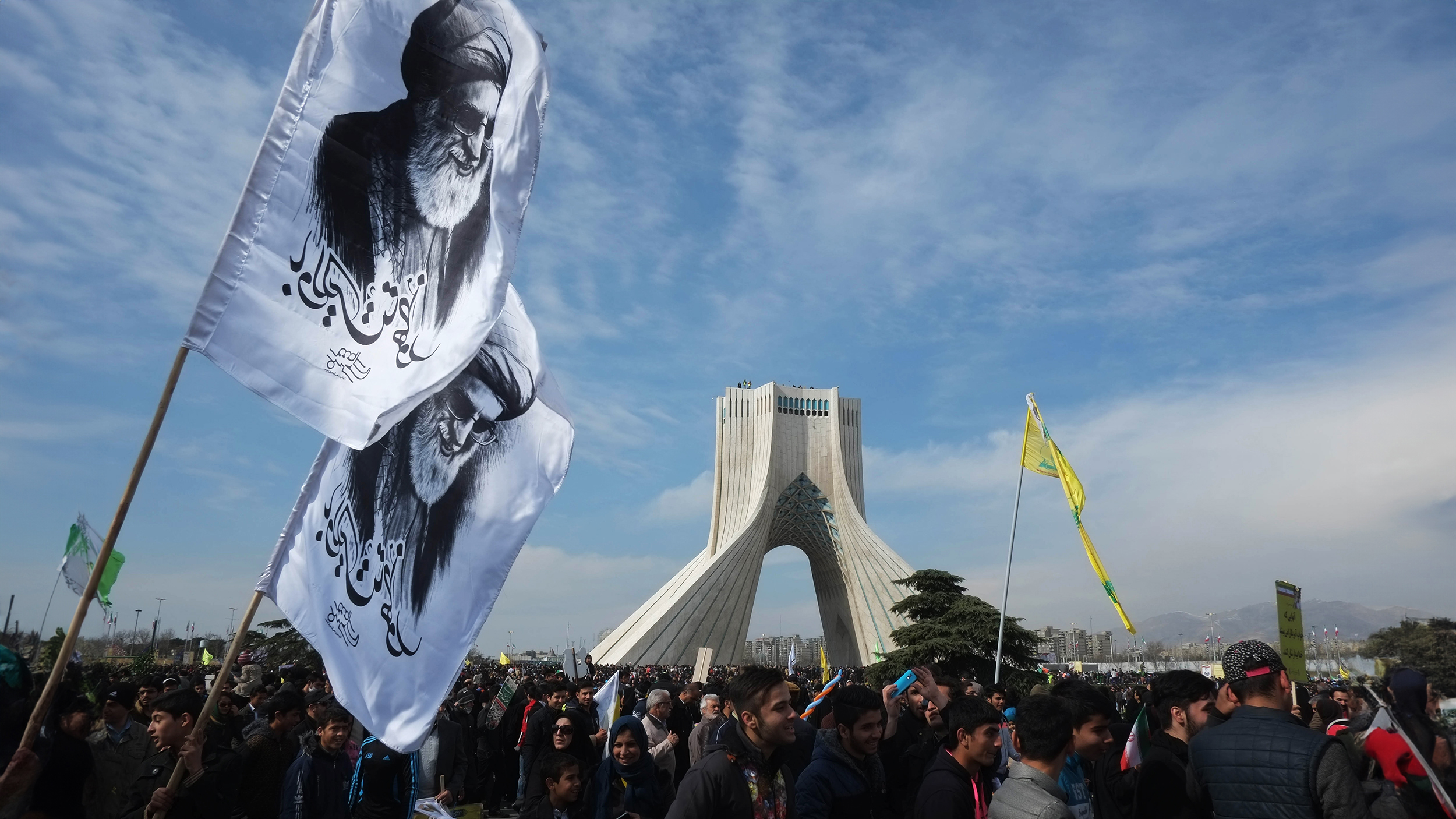Ahmad ‘Amr al-Mushjari
I have been promising for a while to post about Sada al-Malahim (The Echo of Battles), but it turns out I’m actually over-worked and under-paid – on a related note to all those who have written me e-mails, which I have yet to respond to, well, I’m working on it.
One of the things I have been doing in my free moments, between tea at Frist, is reading through and thinking about the biography of Ahmad ‘Amr al-Mushjari, the suicide bomber that attacked a security compound in Sayy’un in July 2008. (I addressed the attack in an article for the CTC Sentinel available here.)
The martyr biography is written by someone going by the kunya, Abu ‘Amr al-Hadrami, who according to my records first appeared in Sada al-Malahim in issue five.
For those familiar with these types of writings from ‘Abdullah ‘Azzam’s Jihad magazine or other places, much of this will be familiar. There are the dreams. The suicide bomber, who is also known by the kunya Abu Dajanah, had a dream foreshadowing the attack. He dreamed of cement barriers and the fact that there was no pain in death – it was less than a flea bite.
The biography, which of course is largely propaganda, makes clear that al-Mushjari never went to Iraq to fight even though he desperately wanted to and knew many of the fighters who were going off to fight. Instead of traveling to Iraq to fight he was instructed to remain in Hadramawt and continue his studies – he was a medical student. It is not quite clear, at least in my reading, who exactly instructed him not to travel to Iraq, but finding that out would answer a lot of questions.
What this indicates, at least to me, is that not only should security experts be worried about the Yemenis who went to Iraq to fight, but it should also be worried about the ones that didn’t go but wanted to go, which expands the pool of potential individuals greatly. Now that there are clear and legitimate reasons – at least according to the fatwa in this issue of the magazine that makes clear that Yemen is part of the Arabian Peninsula, and thus the injunction to expel the infidels from the Arabian Peninsula holds in Yemen – to fight in Yemen, there are more individuals who could potentially be active than just the Iraqi returnees.
Also, it should be noted that al-Mushjari came from a wealthy family and grew up in Saudi. The bio goes to great lengths to show how pious he was, writing that the he practiced a David Fast. Towards the end, as he was preparing the car along with a friend for the attack he injured his hand, and the friend joked that they would have to delay the attack until his hand healed. His response: “No. I will drive the care even if only with my mouth.”
Bombastic and possibly apocryphal, but I think it serves its purpose to: to inspire and encourage other young men. When so much is happening around them and so much of it is humiliating here is a chance to stop being passive and start being active. (I’m not saying this is the only reason or motivation for suicide attacks, I’m just saying this is how this particular biography reads.)
The bio also makes clear that al-Mushjari attacked the target with honor, coming at it from the front and not from the back. Something interesting is at play here, I think. The fact that the author feels the need to make the suicide attack appear honorable at all; that there could be honorable and dishonorable suicide attacks is an intriguing idea. Approaching a target from the front – even with no warning and in a disguise = honorable. Approaching and attacking a target from the rear = dishonorable.
Reading something like this of course, always raises more questions than it answers, and one of the main ones that I have after reading and re-reading the biography a number of times is who exactly selected the target. (I argue in the article linked above the Hamza al-Qu’ayti was the likely mastermind and I still believe he was, but clearly there were more people involved.) The reasons for the target are spelled out quite clearly: it is the seat of power that is conspiring with the US and its allies against the true Muslims and it is repressing and attacking the true Muslims. Once again, allegations of torture and mistreatment of al-Qaeda suspects in Yemeni prisons comes through – there has been, in my view, a strong rationale of revenge that has been present in a great deal of the al-Qaeda attacks that have taken place in Yemen since 2006.




